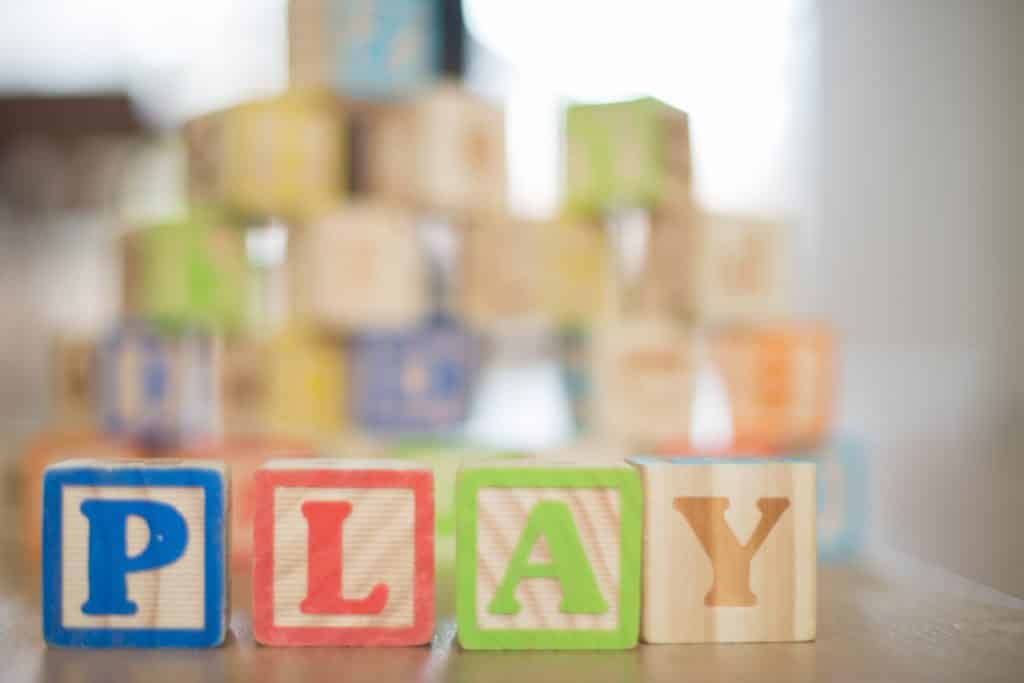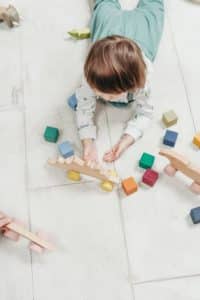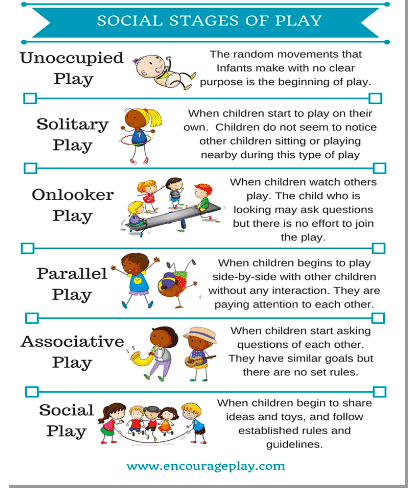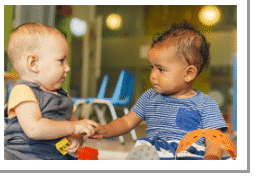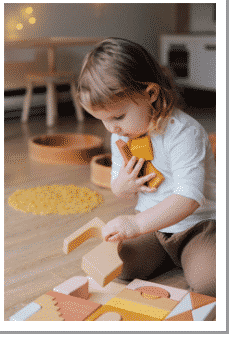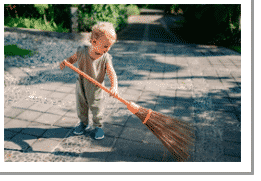Hello to all our families and carers!
I’m Donna an Early Years Practitioner and one of my roles as an EYP is to facilitate the Stay & Play session at Alliance Children and Family Centres.
I thought it may be helpful for parents and carers if we talk a little about what children learn through play based education at pre-school or nursery. We love to read your comments, so please feel free to like and share our posts and leave a comment, as it helps us all stay connected.
What is my child learning from play?
PLAY is the universal language of childhood. It is an essential part of every child’s life and is vital for the enjoyment of childhood. Play is important for healthy brain development. Through play, children develop communication and language skills, develop creativity, intellectual and physical skills, becoming confident independent learners.
“Play is our brain’s favourite way of learning.” – Diane Ackerman
The Early Years Foundation Stage
When your child starts at a nursery, pre-school or with a childminder they will be following The Early Years Foundation Stage play based framework. The (EYFS) was established under the Childcare Act 2006 and is a framework for learning, development and care for children from birth to five that all UK childcare providers use as a tool to ensure that children are developing and learning to their full potential and Play underpins the EYFS.
Play is healthy for children
Research shows that play can help to reduce stress in children, it helps them to grow emotionally, it’s joyful and provides an outlet for anxiety and stress. Play therapy has helped many children to overcome and deal with trauma, stress and anxiety. A trained mental health professional, called a play therapist, works with a child to explore and resolve problems through the therapeutic use of play.
Help your child make time for play
As parents, you are the biggest supporters of your children’s learning and their first educators, so make sure they have as much time to play as possible during the day. Play and learning go hand-in-hand; they are not separate activities – they are intertwined.
Next time you watch your child play, think of them as little workers at work, with play being their job. When you really take time to watch your child at play you will be amazed at all the learning they are doing.
Give your children time for play and see all that they are capable of when given the opportunity. When children have had a fabulous time playing and learning you will probably find that they have made a mess, and that’s fine as, great mess means great play!
Stages Of Play
As children develop and grow, so does their way of playing.
Mildred Parten (an American sociologist, at University of Minnesota’s Institute of Child Development), did some great work observing children at play. She observed preschool children (ages 2 to 5 years) at free play and developed the stages of social play for children.
There are six stages of social play and it starts at birth.
- Unoccupied Play (Birth-12months)
- Solitary Play (Birth-2 Years)
- Spectator/Onlooker Play (18 -30 months)
- Parallel Play (30 months – 3 Years)
- Associative Play (3-4 Years)
- Cooperative Play/social (4+ years)
Why should we encourage children to tidy up?
As adults we want and should encourage our children to help tidy up after themselves, children learn good life skills whilst tidying up. Tidying, sorting and organising are really good life skills to have.
We can help our children by teaching them these skills when they are young, although from experience I know this can often be challenging. Tidying up can become a stressful part of the day, so it is important to get it done as quickly and stress-free as possible.
When children start at nursery, pre-school or school they will be encouraged to tidy up, so as parents if we are encouraging and supporting children to get into the routine of tidying up at an early age they will not find it difficult or something new at a childcare setting.
Our friend The Play Inspector has a song about tidying up that you can sing with your child to introduce and encourage making tidying up part of your play routine.
Here are a few handy tidy-up tips:
Be a good role model – It’s difficult to expect our children to clean up if we don’t clean up after ourselves, children often enjoy having a ‘job’ to do for you so get them involved! We need to show children that we value and respect our things and our environment. If we want to teach our children to respect their environment, we need to be good role models.
Make it fun or a challenge – Children love a challenge. Playing a tidying up song can be effective. When the song starts your child will know its tidy up time and the song acts as a reminder that everyone should be tidying up while the song is on. The song can also add an element of challenge you could ask your child to have all of the tidying up done before the song ends.
Give a warning – give your child a 5-minute warning that tidy up time is coming., but be flexible, if they are fully engaged in an activity give them some extra time if possible. You could use a sand timer so your child has a visual warning.
Save it for later – your child may have spent a lot of time working hard on a Lego structure or creating a piece of work, that they don’t want to break up or destroy, so you may like to have a shelf or space where they can keep it for another time. This can help the upset that can be caused when a child is expected to destroy their creation that they are proud of just because it is tidy up time.
Clean up together- Especially with young children they might need some support and help. Cleaning and tidying up together can be more fun, takes less time and often encourages a reluctant child to help.
Here are some links to Play Ideas and Activities
https://www.woodlandtrust.org.uk/blog/2020/03/kids-nature-activities-self-isolation/
https://theladybirdsadventures.co.uk/things-to-do-outside-at-home/
You can also find lots of informative and useful information on a range of child related topics in our blog posts.
And if you need any support, advice or information please do get in touch via our enquiry form, we can give support and advice and signpost you to any other agencies who can help.


